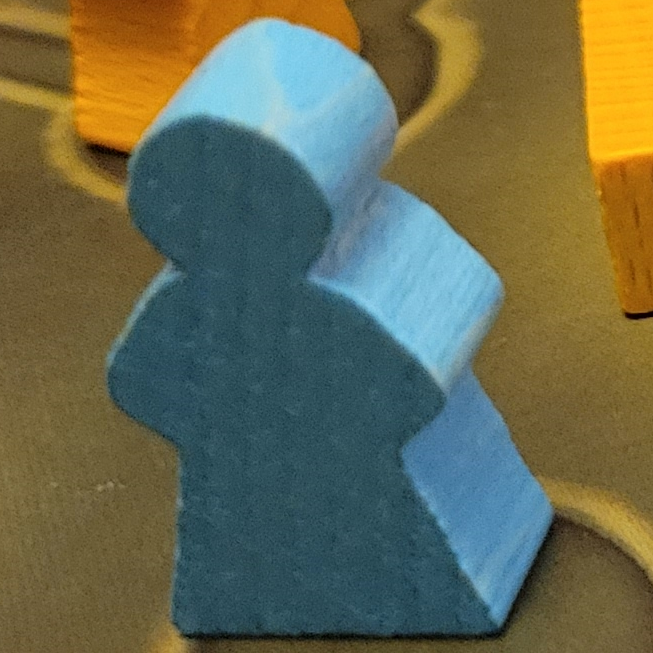Some games are complicated - they have really complex rules. Examples of this are games where you have to track many different types of tokens, with different rules for each.
Other games have really simple rules, but still manage to produce extreme complexity in they way they are played.
Go is the perfect example of this. It literally has 2-3 rules, but because you can play anywhere, the complexity it can produce is wide and deep, to the point that tomes have been written on how to play it.
What other boardgames exist that have very simple rules, but produce complex and interesting game play?


Yeah, that’s totally true. I guess there the complexity mostly comes more from the preexisting complexity of people.
edit: also realised recently that TTRPGs and other storygames are even more extreme examples of this.
I guess it feels different though, because IMO Go leads to an understanding of emergent complexity precisely because the rules and mechanics complexity is tiny. TTRPGs rely on the already extreme complexity of humans to produce their complexity, so you’re going from very complex to very complex, which is less surprising.
Also, I’m wondering if this has something to do with Chris Langton’s work… e.g.Computation at the edge of chaos: Phase transitions and emergent computation